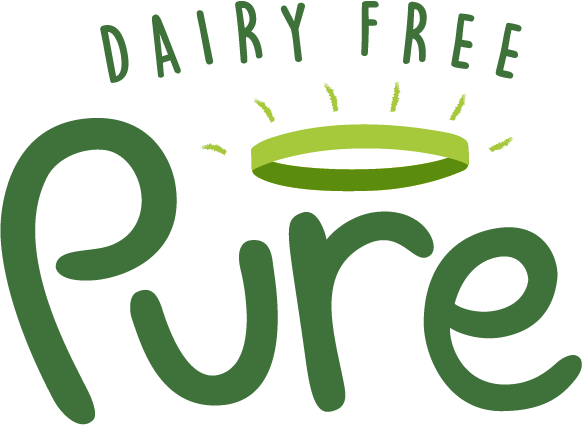Top Seven Non-Dairy Protein Sources
Proteins are often referred to as the body’s building blocks. Made up of amino acids, they provide fuel and promote cell growth and repair. Protein is essential in a healthy balanced diet, and is favoured by athletes to achieve peak performance. It’s also helpful to those wanting to lose weight, as it takes longer to digest and makes you feel fuller for longer.
Milk and yoghurt do have high levels of protein, but there are plenty of other non-dairy sources to choose from. We summarise seven of our favourites, explaining how they pack a protein-filled punch.
Eggs
While some consider eggs as part of the dairy family, they contain no milk or lactose, so milk allergy and intolerance sufferers can enjoy them. Eggs possess great amounts of essential amino acids, meaning their biological value is high. With approximately 6g of protein per egg, they have a higher protein count than most other food. Best of all, they can be cooked in so many ways that you’ll never get bored!
Fish
Fish has a high nutritional value, and depending on the type you choose, it provides great amounts of protein, good fats and vitamins A and D. Experts claim that even in the smallest quantities of fish can have a positive impact on the body, topping up on vital amino acids that some diets lack. Fish oils are also a rich source of good fats that help brain development, so there’s even more reason to tuck in.
Nuts
Packed with healthy fats, fibre, vitamins and minerals, nuts are an excellent addition to your diet. They’re also filled with protein, though some varieties are better than others. In terms of calories, almonds, pistachios and cashews have the lowest counts, though if they’re prepared with salt and oil they’re not as healthy. Instead, choose raw or dry roasted nuts to avoid additional fats. For those on a dairy free diet, almonds are your best friend; jam-packed with protein and calcium, they’re the perfect solution for those cutting out milk.
Soy
Soybeans contain all the amino acids necessary for human nutrition, and are also much higher in protein than other plant-based food. It’s no surprise they’re often referred to as the ‘meat of the field’. Soy protein involves small peptides such as glycinins, conglycinins and lunasin, which are now renowned for their health benefits, including controlling blood sugar levels and helping the immune system. Soybeans are also highly versatile, so you can enjoy a protein boost in many different forms.
Chicken and turkey
Chicken is the classic protein-packed, muscle-building foodstuff, offering around 26g of protein in an average portion. Turkey offers the same, and is also slightly less in calories. Both birds are high in essential amino acids and low in fat, especially if they’re cooked without the skin on. The benefits are very similar between the two, so opt for the meat that you prefer in flavour. Turkey is typically drier, so chicken is often the top choice.
Quinoa
One of the best reasons to try quinoa is for its low fat, high protein content. A true superfood, quinoa is loaded with the nine essential amino acids, making it ideal for those that avoid meat or dairy. Quinoa is considered a pseudo-cereal: a type of food that is cooked and eaten in a similar manner to a grain, as well as having a very similar nutrient profile. Gluten and dairy free, quinoa is a great alternative for those with strict dietary requirements.
Seeds
Seeds offer big protein levels in small portions, making them the perfect snack for those concentrating on their protein intake and weight. Seeds are also a great source of fibre, vitamins and minerals, along with those omega-3 fatty acids that are essential to good health. Big seeds, like pumpkin and sunflower, are a tasty snack that can help fill you up between meals, while tiny chia and flaxseeds are great toppings for breakfast bowls, salads and soups.
Dairy is not essential for a healthy balanced diet, and while it does provide a good level of protein, the same can be achieved through these tasty and healthy sources. What’s your favourite protein-packed food?
